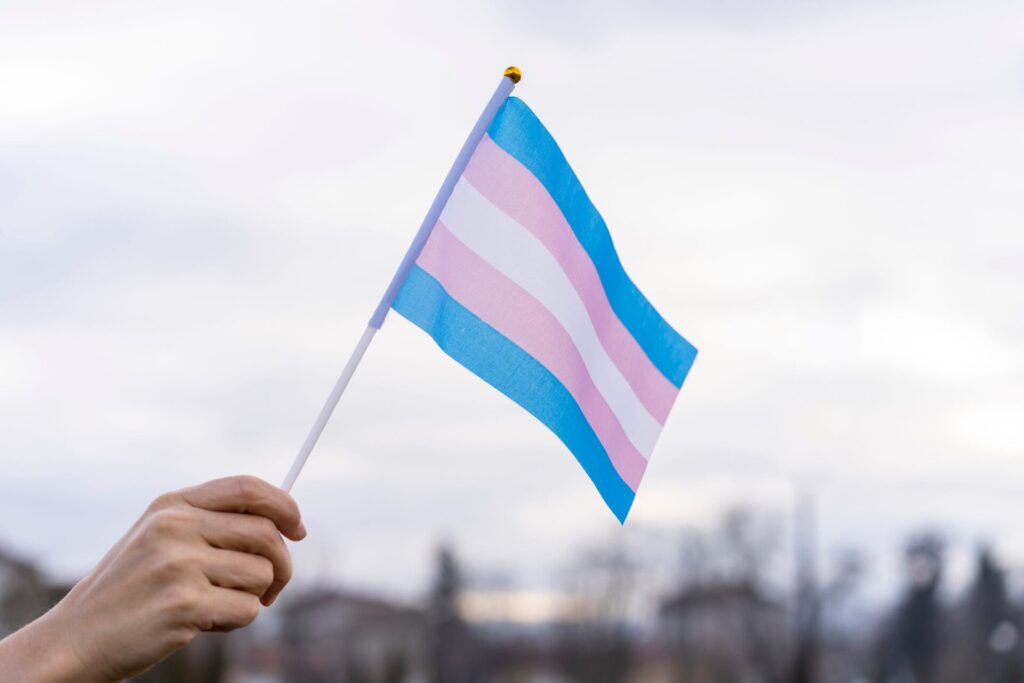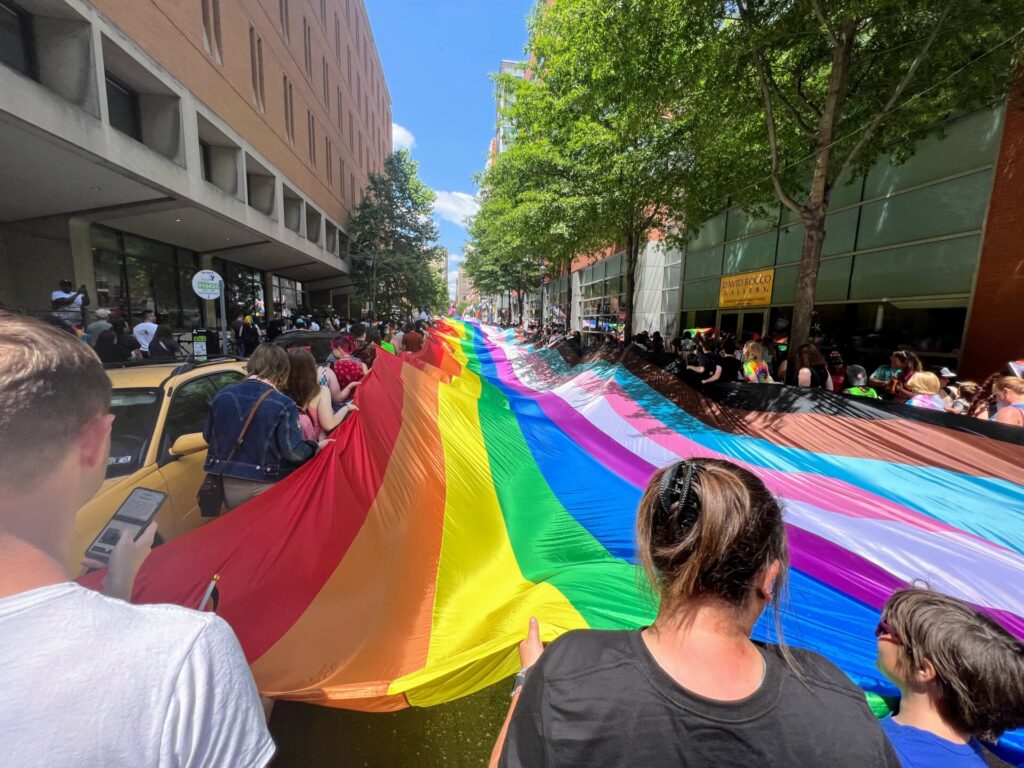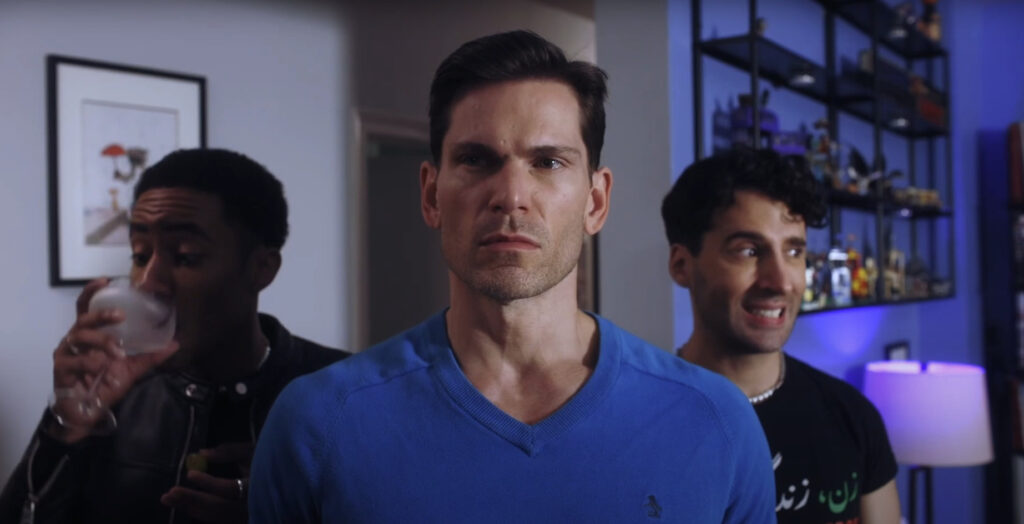Of course, most of us are disappointed with the California Supreme Court’s ruling on the Proposition 8 case.
But we shouldn’t be angry about it.
Instead, we should be energized, because the California Supreme Court actually did us a favor: It handed the issue of marriage equality back to us so we can educate our fellow Americans.
If you don’t consider this a favor, consider the issue of abortion. After the U.S. Supreme Court struck down contraceptive bans in Griswold v. Connecticut (1965), states gradually, one by one, began to further loosen restrictions on reproductive rights as their citizens – and their legislators – learned more about the subject. A few states were even considering lifting longstanding bans on abortion. Then the Supreme Court cut off the evolving argument with the 1973 Roe v. Wade decision.
Instead of settling the argument once and for all, the decision inflamed it, angering those opposed to abortion and launching a drive to overturn the decision that continues to this day.
On marriage equality, the debate is proceeding much the same way the abortion debate was pre-Roe: state by state, fitfully, not always and everywhere advancing, but advancing on the whole. It is by this process that a durable national consensus emerges, much as it did with child labor and workers’ compensation at the turn of the last century. In this context, the California decision is not so much an outrage as a speed bump on the road to full equality.
Especially since it was reached on very narrow grounds – the question before the judges was not one of equal protection, but one of whether this was properly an amendment to the ridiculously easy-to-amend California constitution. Granted, it was bizarre for the court to rule that a group of citizens could be denied equal protection of the laws by a simple majority vote, and the court itself acknowledged as much when it let the 18,000 same-sex marriages performed when they were legal remain valid. But by doing this, the court in essence invited Californians to undo their error, which they can do at the ballot box.
The decision has already helped advance the issue elsewhere in the country, including here, where opposing same-sex marriage bills are now before the legislature. Because Pennsylvania’s constitution is not so easy to amend, we have the time to educate our fellow citizens about how marriage equality simply assures justice for all couples. And the Proposition 8 decision helps us push our case forward.






